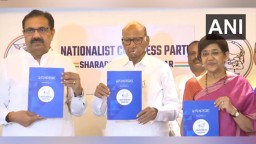Former Pak Army chief Bajwa wrong on terming 1971 surrender as political defeat: Gen Naravane
.png)
New Delhi: Former Indian Army Chief General Manoj Mukund Naravane on Wednesday repudiated former Pakistan Chief of Army Staff (COAS) General Qamar Javed Bajwa's diction that the 1971 Bangladesh war debacle was a political defeat and not the defeat of the Pak military.
Speaking to Smita Prakash, Editor, ANI, he said, "You cannot say that it was not a military defeat after all 93000 prisoners of war was there, that is the magnitude of the surrender which has not happened since World War II when the Germans surrendered in Stalingrad. You cannot wish away history or try to rewrite it because facts and figures are well known for many years, records are there, and we have the names of all 93000 people who were with us. So, how can you say that they did not surrender." The rejection comes in the backdrop of Bajwa's claims that only 34,000 Pak soldiers surrendered to India in the 1971 War and it was a political defeat.
On December 16, 1971, Lt Gen Amir Abdullah Khan Niazi, the Chief Martial Law Administrator of East Pakistan and Commander of Pakistan Army forces located in East Pakistan signed the Instrument of Surrender.
Exactly 50 years ago, the largest military surrender after the second world war happened when 93,000 soldiers from the Pakistan Army laid down their arms in front of Indian Forces - liberating and giving birth to a new nation Bangladesh.
The day is celebrated as Vijay Diwas, the day India helped in the liberation of Bangladesh.
Describing the significance of Vijay Diwas, Naravane said, "It is definitely the finest moment in the annals of history not only of ours but never before had any army got such a resounding victory in such a small space of time. It is the finest moment in the history of India as well as for the Indian Army. That picture captures Pakistani army Gen Niazi surrendering to what we can do without saying anything. We use to tell the visiting chiefs of other countries who they are."
Pak army chief has said that 1971 was a political defeat, not a military defeat. The surrender was not that something happened because of the army, it was the politicians who decided it.
Even during Kargil they did not accept the truth, and took them a long time to accept in fact they didn't get back the bodies, and didn't accept that the people have died, they are mercenaries.
Explaining the difference between the two armies, he said, "We should not discount any opposition, if you underestimate the opposition, try to play them down, you are likely to get surprised. We should always look at them as a professional army and at the unit level, nobody likes to lose. At the unit level, they will also try their level best. We should not go in overconfident. The whole team should be welded together and as the army, you should know that you have the backing of your country, your government, the will of the people, and so on. I think that is where we are at a great advantage. I keep saying the whole of nation approach that is precisely the point. We have as a nation, the political establishment, all the other ministries and bureaucrats, the military establishment, and our population which has so much regard and appreciation for our armed forces -- these are our greatest strengths. They always rise up to the occasion whenever the need demand. It is their love and affection which keeps us going. When we are at borders, we know our citizens are with us. That is what makes us strong. I don't know how true is it on the other side."
The 1971 Indo-Pak War started with the Pakistan side, launching pre-emptive strikes on a large number of Indian Air Force (IAF) bases. A swift response to these unprovoked attacks was launched by the Indian Defence Forces on the Western and Eastern Fronts, on land, sea, and air.
With the proactive action of the Indian Armed Forces, around 93,000 Pakistani soldiers surrendered in Dhaka and Bangladesh emerged as an independent country. (ANI)


.jpg)
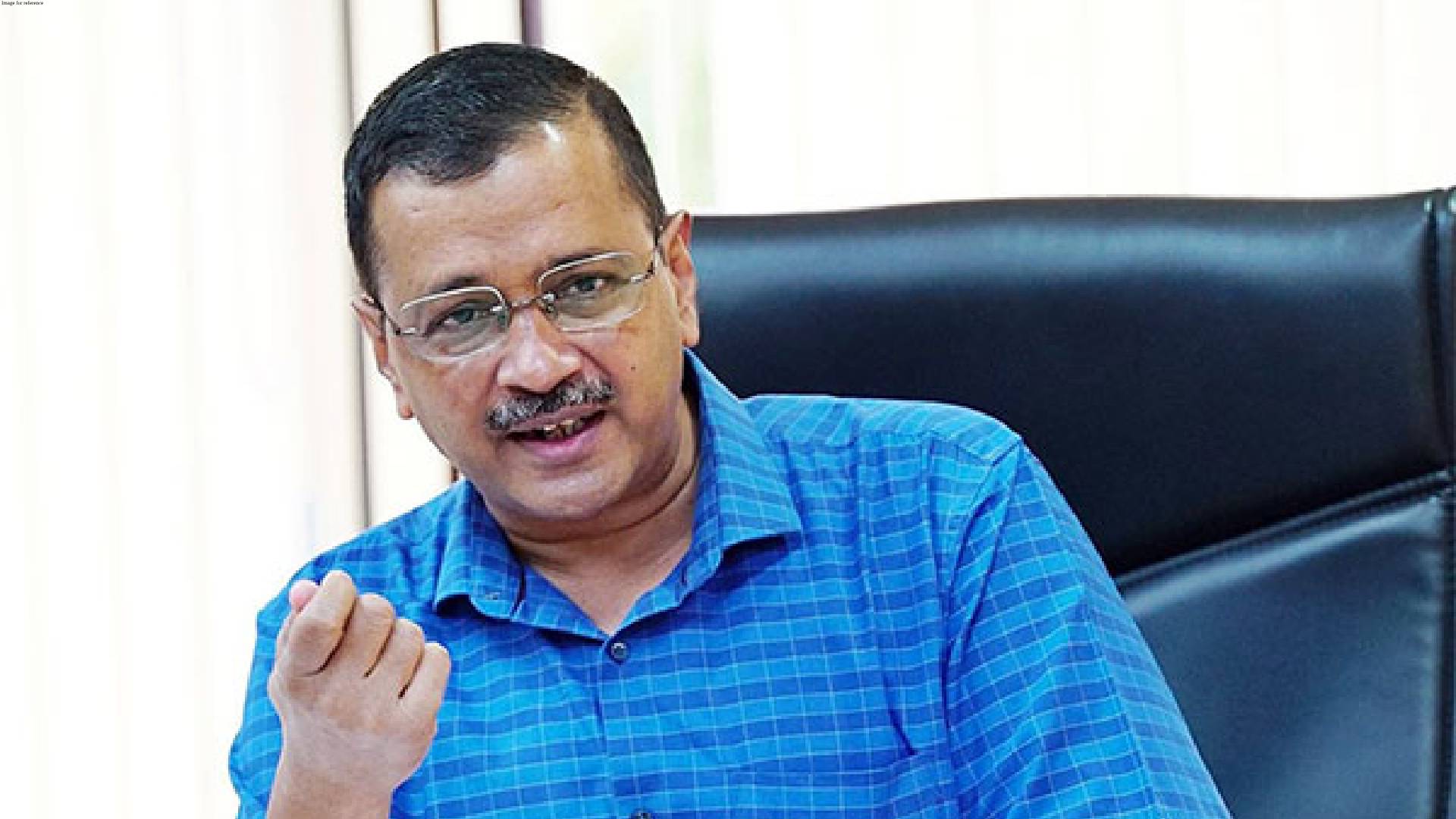
.png)
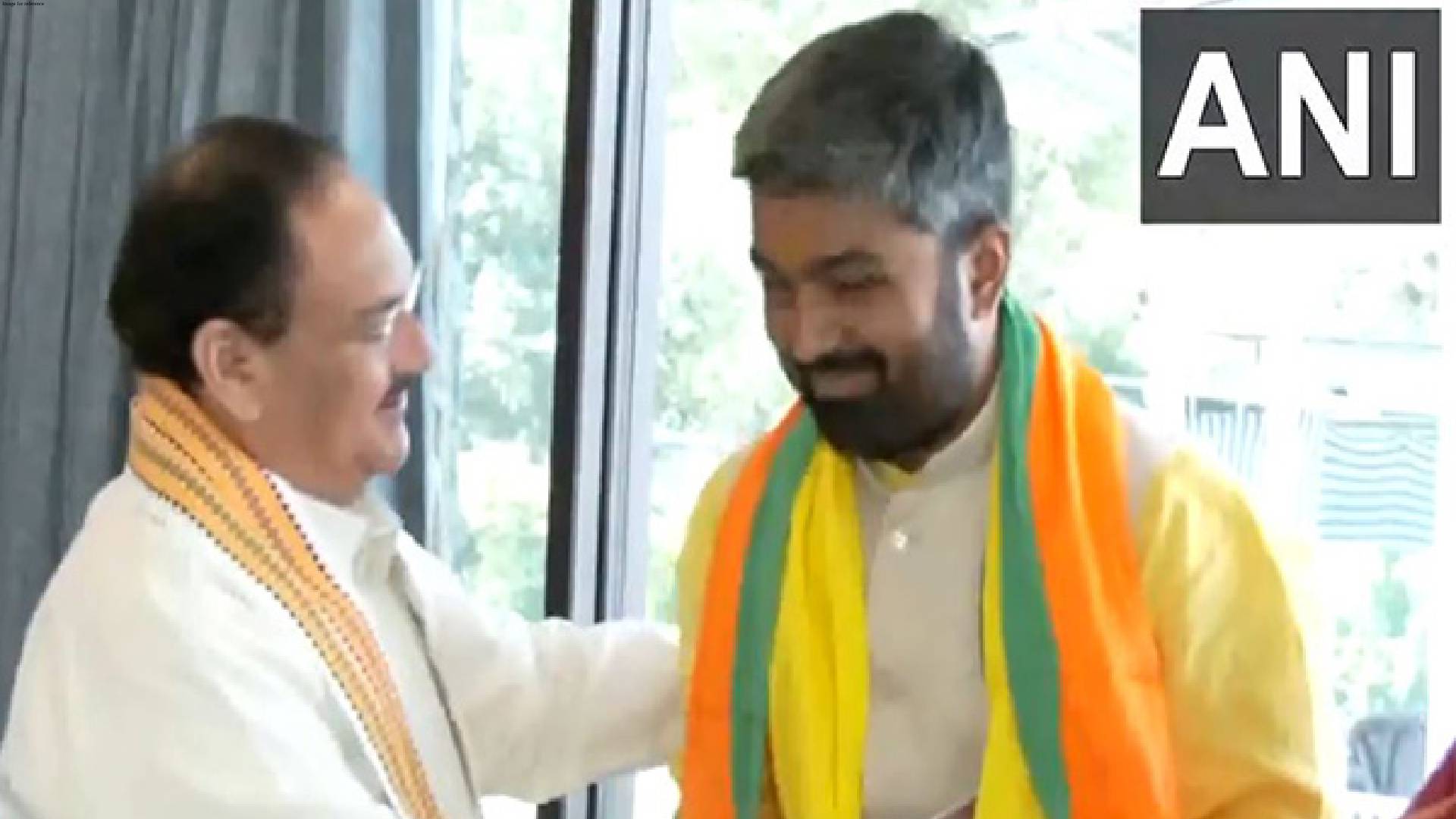
.jpg)
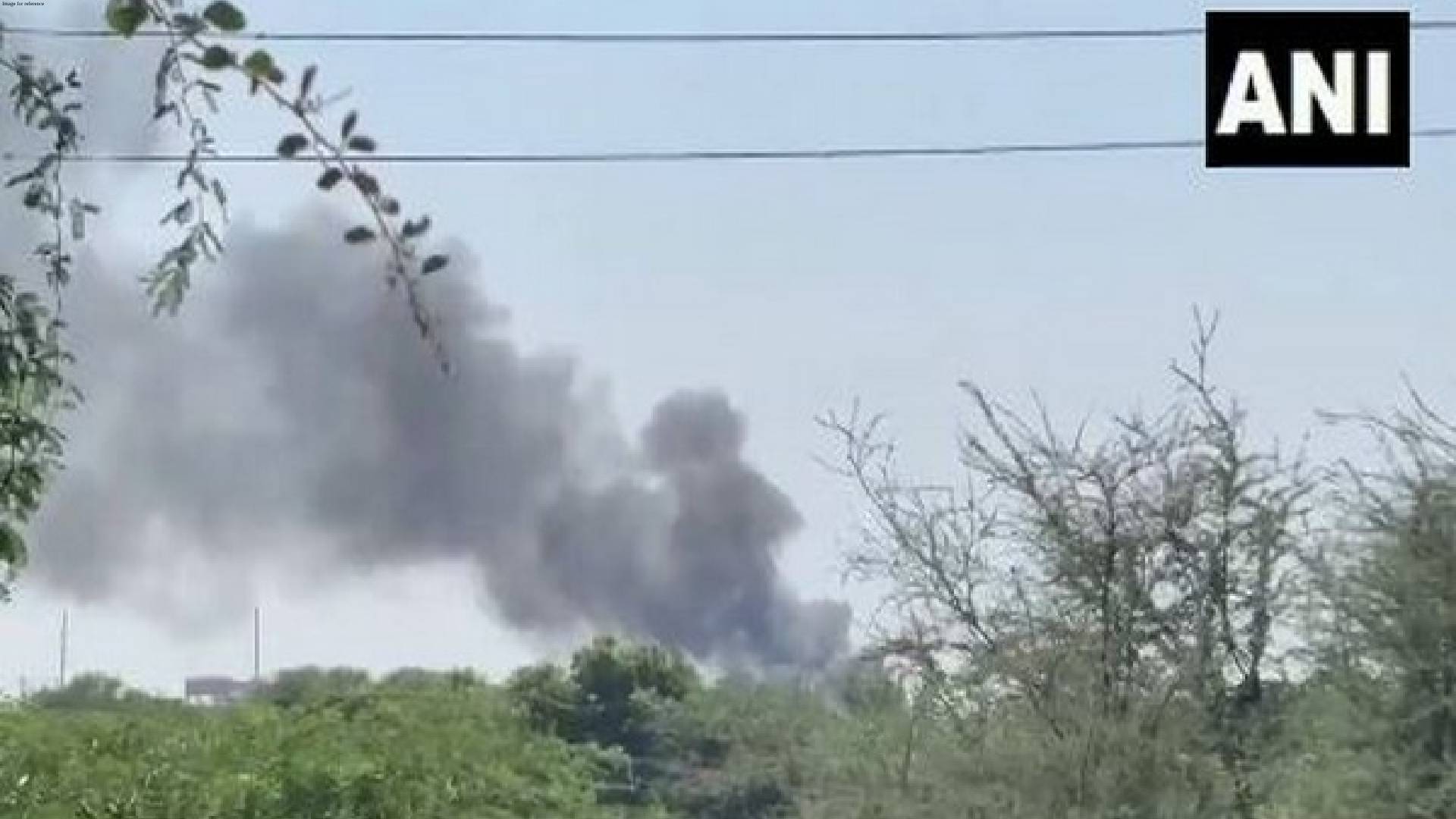
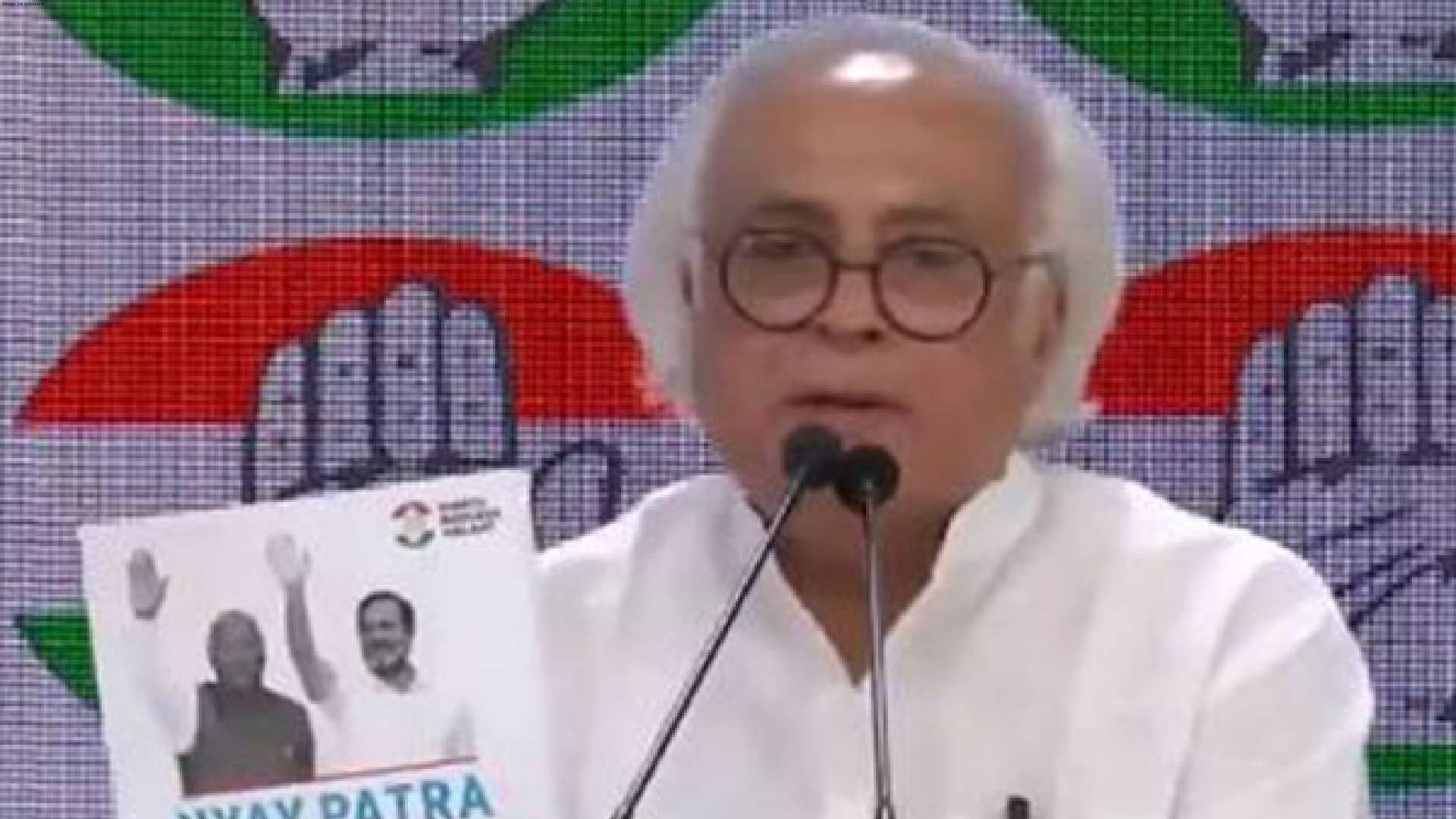

.jpg)
.png)
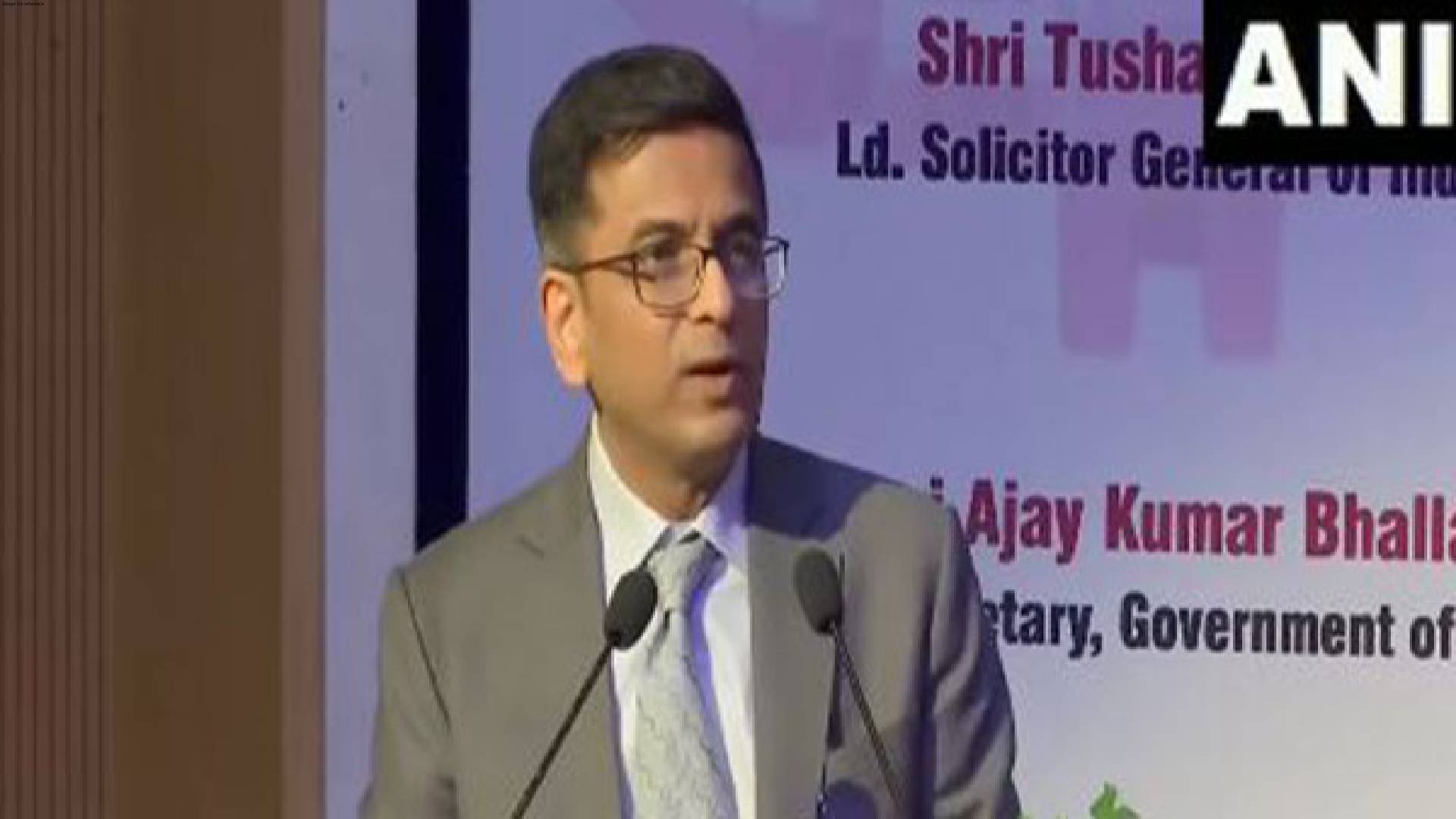






.jpg)
